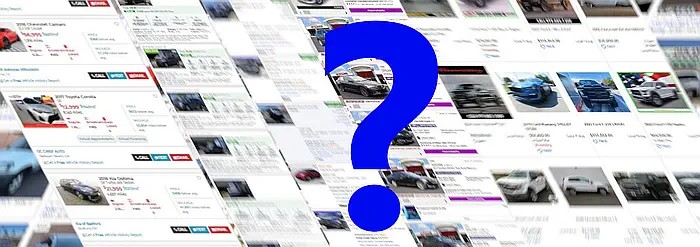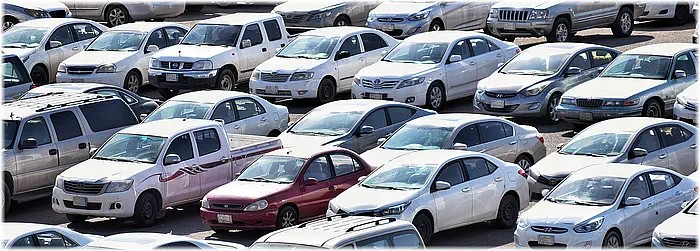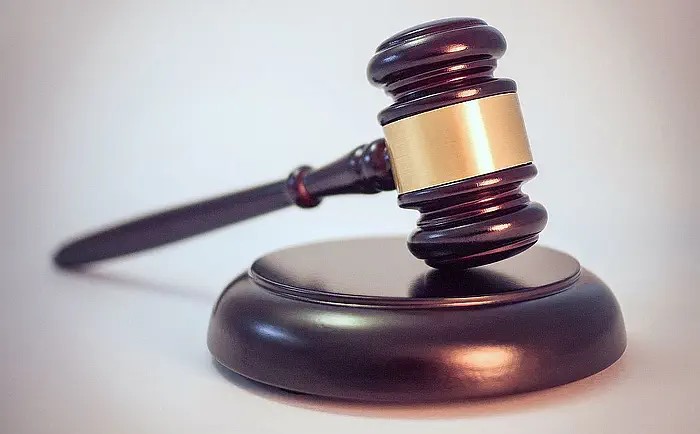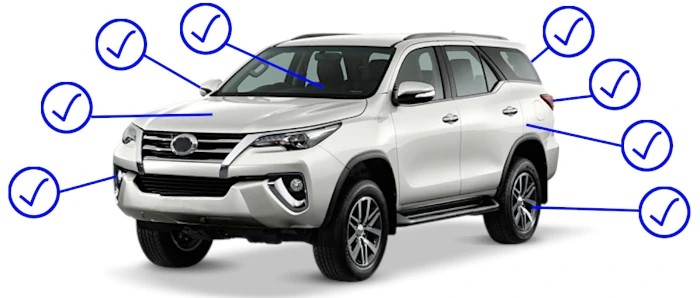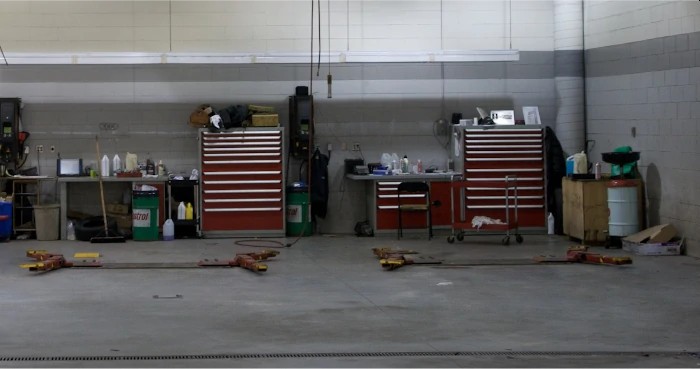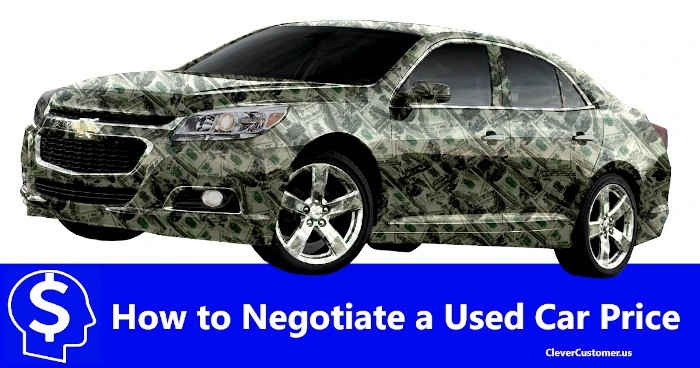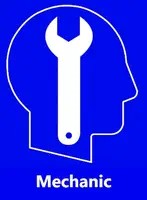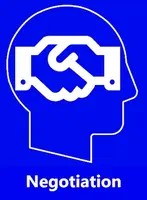Every car manufacturer has issued recalls. It's not uncommon at all. Few are covered in the evening news. Most people aren't aware of the majority of them. Some recalls are for seemingly minor issues, but they're all related to your safety. When a certain type of vehicle is recalled, the manufacturer must provide a remedy for the issue, normally in the form of a repair for the vehicle. If a vehicle has been recalled, the repair will be provided at no cost to the owner, no matter how long ago the vehicle was recalled. For example, if you are considering buying a 10 year old vehicle which has outstanding (unrepaired) recalls that are 9 years old, the manufacturer must still make those repairs at the owner's request. It's free, and it's about safety. There's no reason not to have recall work completed for your vehicle.
You may have seen expose journalism on TV or in print about dealers who try to sell used cars which have open recalls on them, without first doing the repairs. The dealers are trying to save time by selling the car more quickly than they could if they did the repair. A Clever Customer knows what recalls exist for a car they considering purchasing, and can ensure the repairs are made.
When considering a particular make and model of vehicle, you can perform a recall lookup by year, Make, and Model of the car, you'll also get any NHTSA 5-Star Crash Ratings, and you can email the results to yourself for later reference. When looking at specific cars, do a vehicle recall lookup by VIN to get not only the recalls, but NHTSA 5-Star Crash Ratings, and specifications for the vehicle. You'll find several ways to look up recalls on our site. Be a Clever Customer and know what recalls exist for a used car before you negotiate the final deal.
Independent Mechanic's Inspection
